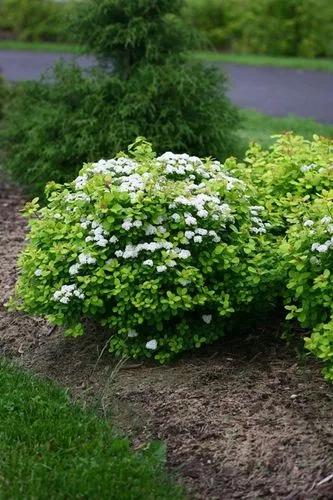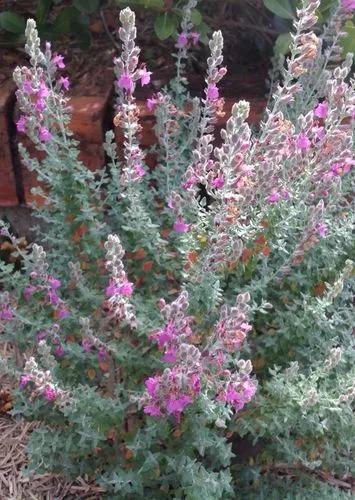Lantana aculeata (hooked prickles) is sparingly hairy, from 1 to 2 meters high, or sometimes longer, and half-climbing, the 4-angled branches often copiously prickly.
Lantana Aculeata Care
Lantana Aculeata
Other names: Lantana



How to Care for the Plant

Water

During the active growth period water the plants plentifully as often as necessary to keep the potting mixture thoroughly moist, but never allow the pots to stand in water. During the rest period water only enough to keep the potting mixture from completely drying out.

Pruning

Antana camara can be kept for years if they are proper pruned.

Fertilizer

Apply standard liquid fertiliser every two weeks during the active growth period.

Sunlight

Full Sun, Partial Shade

Soil

Lantana camara likes a moist, well-drained soil, but will tolerate a variety of site conditions. Lantana camara is very drought tolerant, but does not perform well in a wet site. Plant the Lantana camara in full sun.

Temperature

Lantana plants may survive in a light frost, but if the temperature dips below 28 degrees Fahrenheit or stays cold for a long time, the plant will die. The plant will thrive in temperatures 55 degrees Fahrenheit or more. The lantana plant is fine with humid weather and can even survive with salt spray.

Container

Plant lantana in a container with a drainage hole in the bottom using a lightweight commercial potting mix.

Additional

Like poison ivy, all parts of the plant are poisonous, but it is the dark bluish/black and green berries which typically cause problems. They are quite attractive and highly toxic to children, horses, sheep, cattle, dogs, cats, and other mammals; although, birds seem to be able to eat them without ill effect.

Popularity

178 people already have this plant 32 people have added this plant to their wishlists
Discover more plants with the list below
Popular articles






